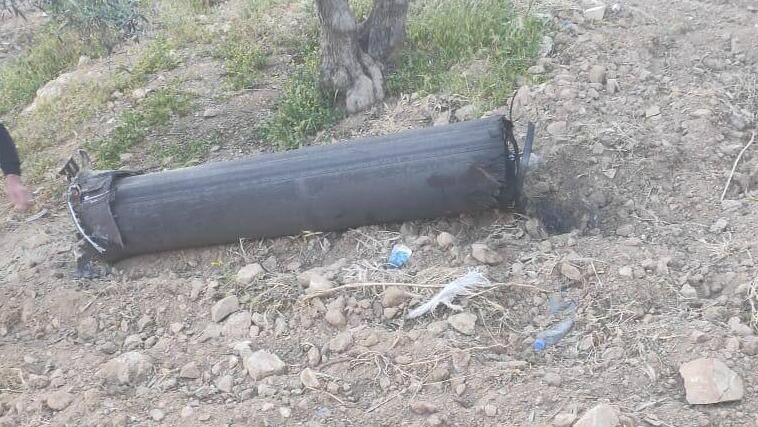The IDF announced Thursday that a new pre-alert protocol will be implemented ahead of potential missile attacks from Yemen toward Israeli territory.
The measure aims to streamline the national alert system for long-range missile threats, such as those from Iran, as well, by improving civilian preparedness, maintaining the relevance of Home Front Command warning systems and minimizing false alarms.
According to IDF, the new pre-alert will be issued approximately three to five minutes before the activation of a full missile alert. The notification is not a directive to seek shelter, but rather an early warning to raise public awareness and allow civilians to prepare, potentially enhancing personal safety.
The IDF said that the message will inform the public that missile alerts are likely in their area and advise individuals to move closer to a secure space. Should an actual alert follow, people must enter protected areas and remain there for at least 10 minutes. There may be cases where a full alert is not triggered after the advance notice.
The pre-alerts will be distributed across wide areas where there is a potential threat to allow adequate time for preparation. However, the actual missile alert will be sent only to the specific regions where the threat materializes. As a result, some areas may receive the early warning without later receiving an alert.
The new alerts will be delivered via the Home Front Command app through a unique notification sound—distinct from the traditional siren. The IDF emphasized that the purpose of the alert is to enhance readiness, enable civilians to identify the safest nearby shelter and ensure they receive verified updates from official sources.
In addition, a message from the IDF spokesperson will be sent stating: “Missile fire from Yemen toward the State of Israel may occur in the coming minutes,” and will urge the public to follow Home Front Command guidelines. The military added that this app-based alert system is being further developed for broader accessibility on additional platforms.
A response to premature alerts on social media
Since the Houthi rebels in Yemen resumed missile attacks on Israel, following the collapse of the ceasefire in Gaza, many citizens have relied on Telegram and WhatsApp groups for unofficial missile warnings, often minutes before official sirens sounded. These few minutes can be critical for reaching shelter safely, and the new pre-alert system aims to provide that vital time, improve readiness, and potentially reduce injuries caused during the rush to safety.
Get the Ynetnews app on your smartphone: Google Play: https://bit.ly/4eJ37pE | Apple App Store: https://bit.ly/3ZL7iNv
Earlier this week, the Houthis launched another missile toward Israel—the first in two weeks—triggering sirens in the Tel Aviv area, central Israel, Jerusalem and the Shfela region. Videos on social media showed interceptor missiles being launched at the incoming ballistic missile, with debris later found near Hebron.
Initially, the IDF reported the launch of two missiles, but later clarified that only one was fired and that it was likely intercepted successfully.
Missile attacks from Yemen have also impacted operations at Ben Gurion Airport, which has occasionally paused flights during alerts. Incoming planes have circled in holding patterns, while departures have been delayed. Despite a two-week gap without sirens, the Houthis continued launching missiles during that time—though they landed outside Israeli territory.
Meanwhile, U.S. airstrikes against Houthi targets in Yemen have continued, but the Houthis show no sign of halting their fire toward Israel.



